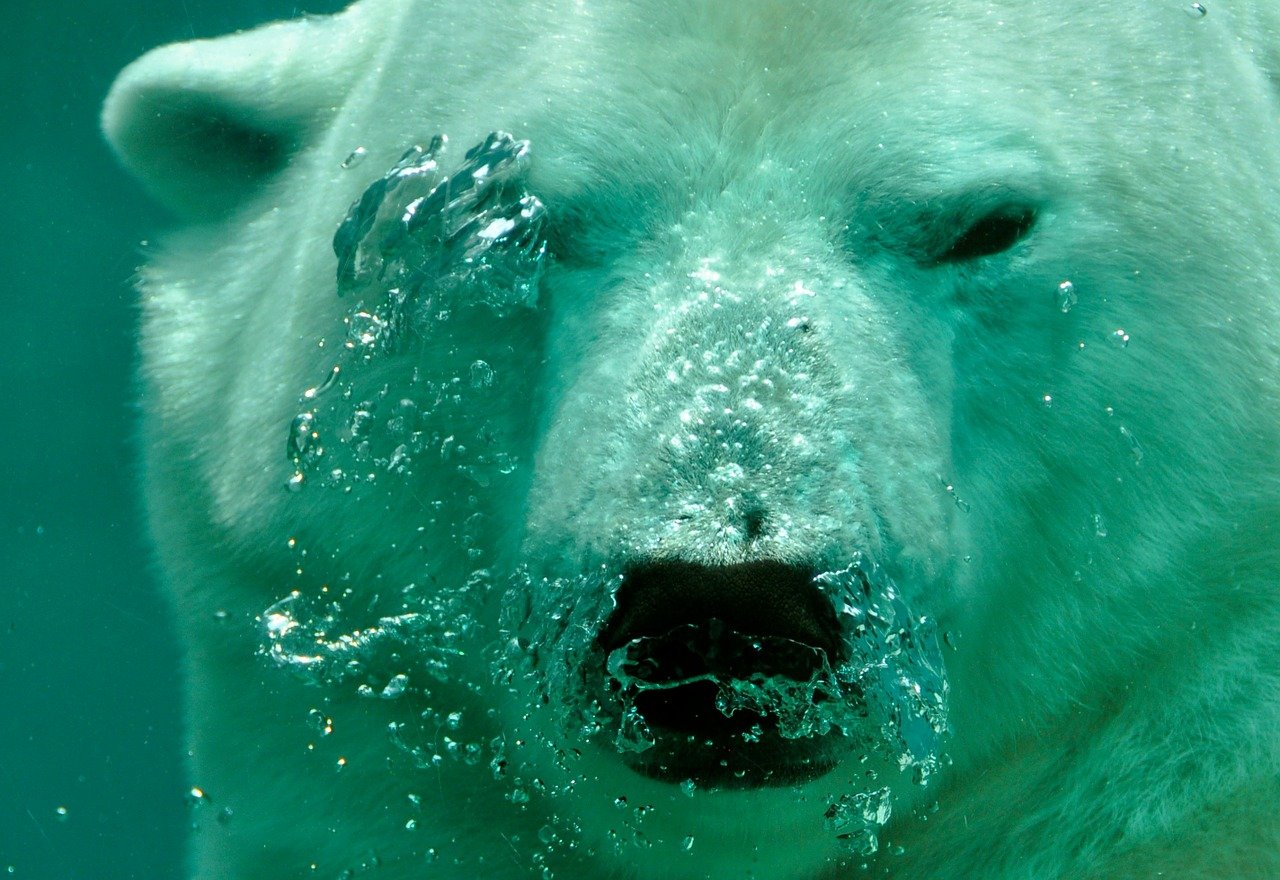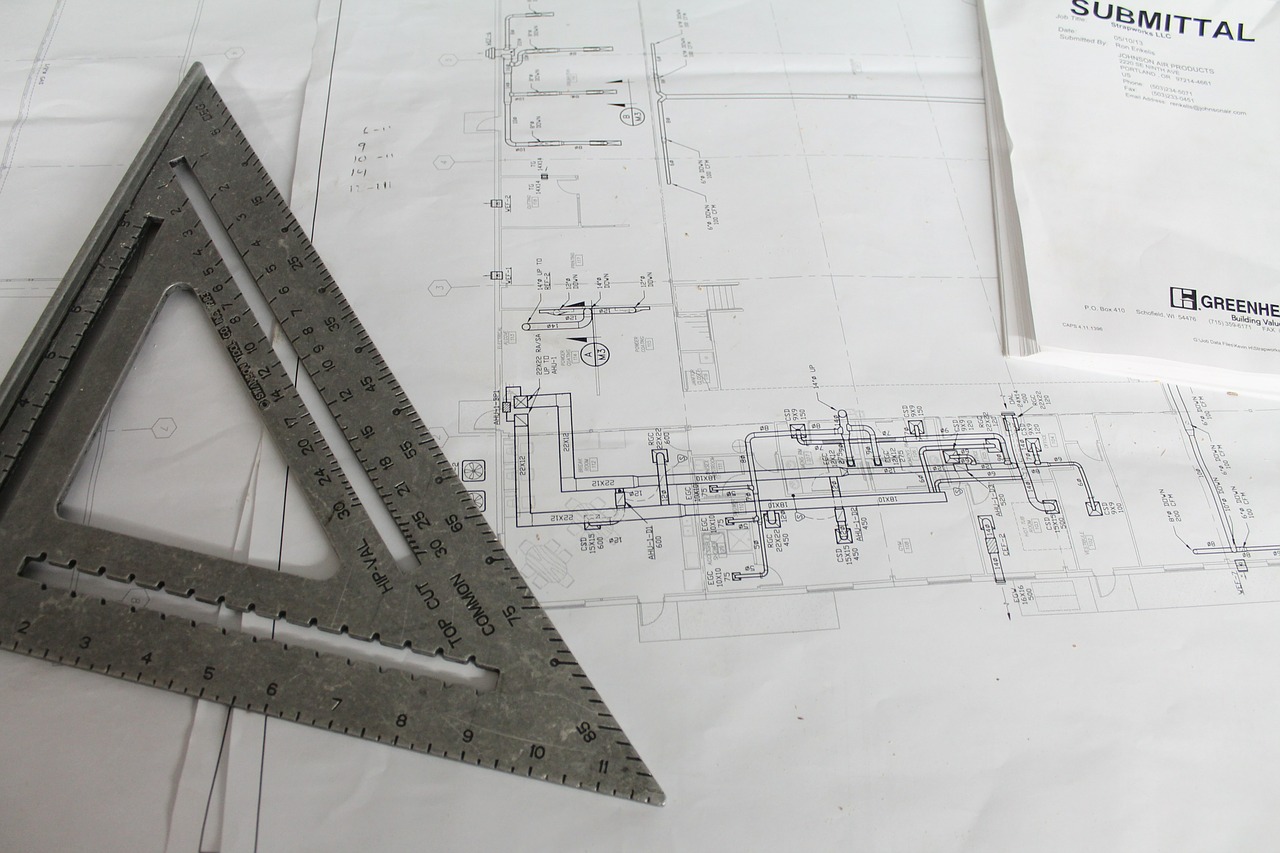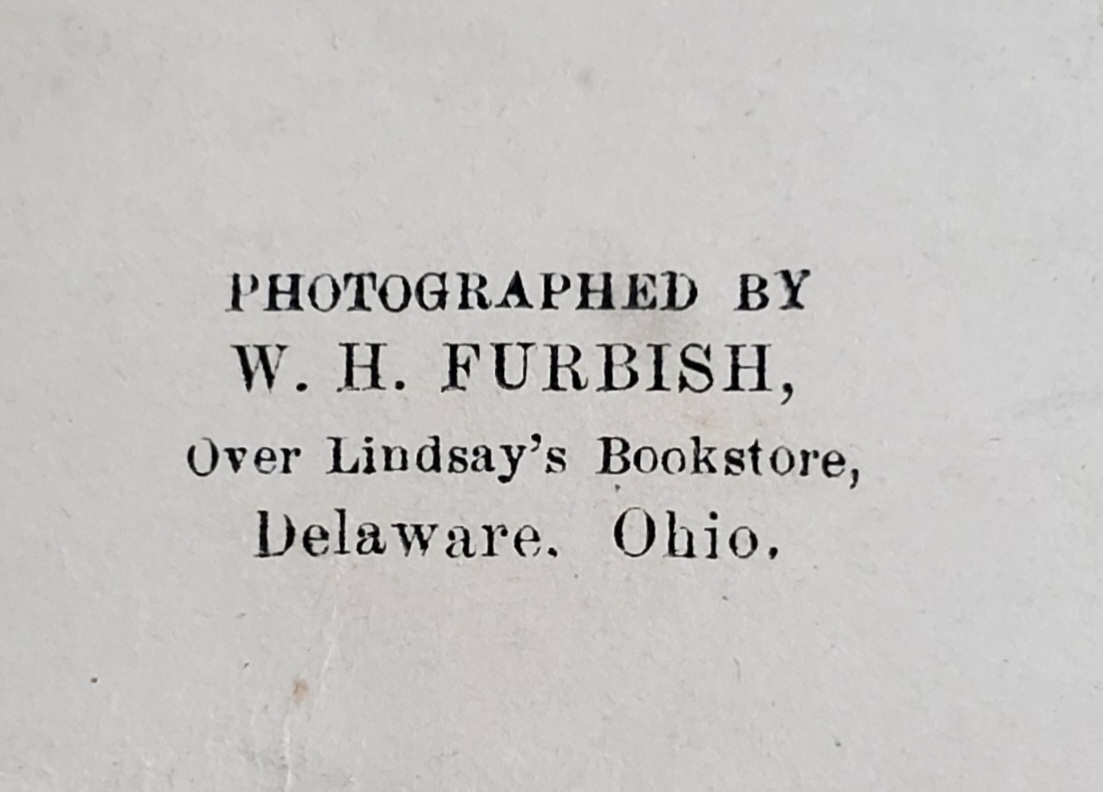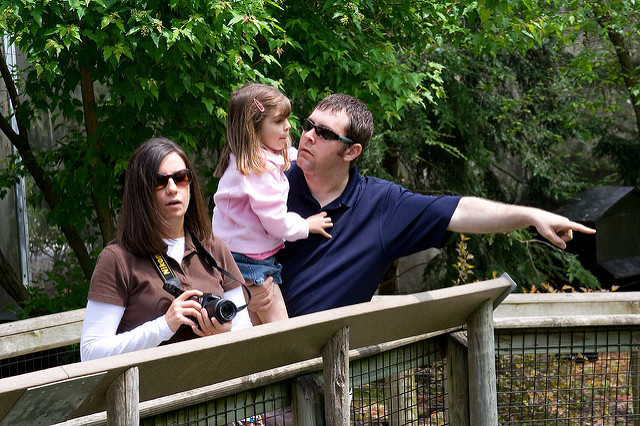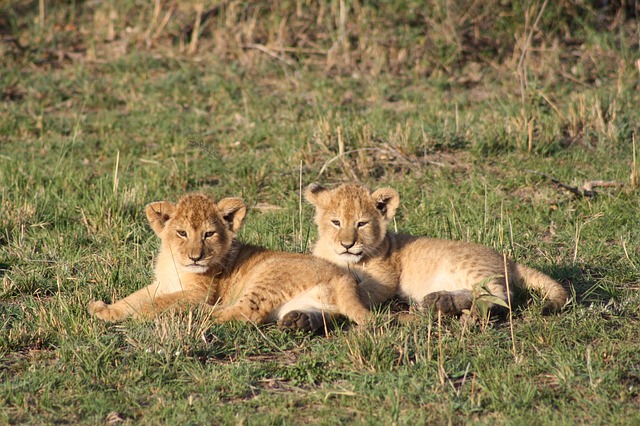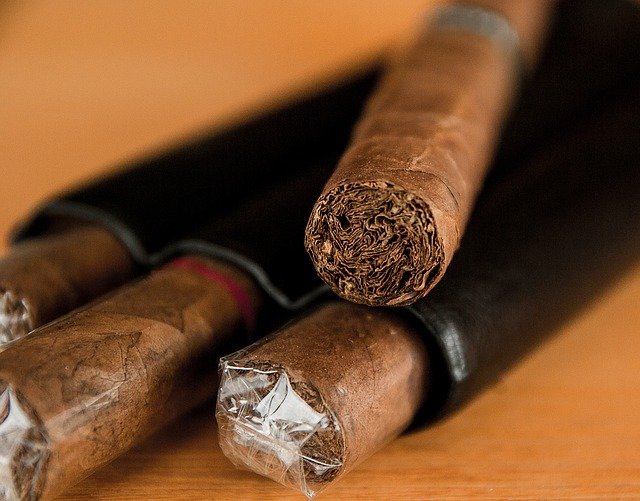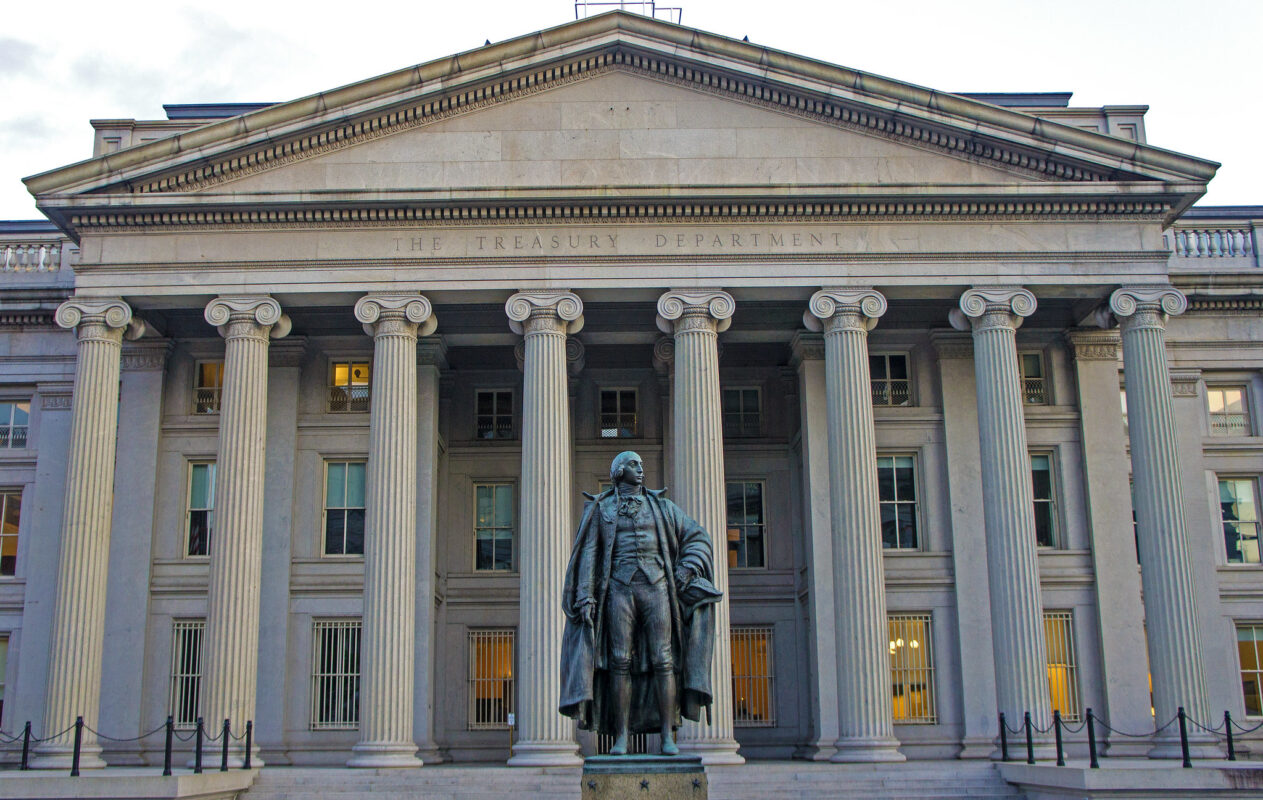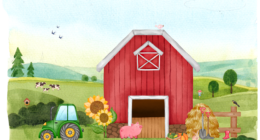Special to 1808Delaware
Two female polar bears at the Columbus Zoo and Aquarium are contributing to innovative scientific efforts aimed at helping to protect the future of this at-risk species. In collaboration with the team, led by Dr. Erin Curry, at Cincinnati Zoo & Botanical Garden’s Lindner Center for Conservation and Research of Endangered Wildlife (CREW) helped perform artificial insemination (AI) on bears, Anana and Aurora, in hopes that the procedure will produce cubs.
The AI took place on March 17, 2022 at the Columbus Zoo after months of careful planning and preparation. Anana and Aurora were artificially inseminated with semen from Lee, a male polar bear at the Louisville Zoo, who temporarily lived at the Columbus Zoo from November 2018 until August 2020. While he resided at the Columbus Zoo, he fathered male cub, Kulu, with Aurora. Both Aurora and her twin sister, Anana, are proven breeders, and at nearly 16 years old, they are in their prime reproductive years, which made them good candidates for AI. While they have successfully bred with male bears in the past, AI offers additional ground-breaking conservation options such as potentially reducing the need to move bears to different facilities to ensure genetic diversity for breeding, as well as helping to provide valuable data that can benefit polar bears in their native ranges.
The Columbus Zoo is making this AI announcement in conjunction with Arctic Sea Ice Day on July 15, which raises important awareness about ways to help protect polar bears’ important hunting, breeding, and denning grounds. As fossil fuels contribute to climate change by creating greenhouse gases that act as a heat-trapping blanket around the Earth, the Arctic is warming three times faster compared to the rest of the planet affected by this warming trend, resulting in record losses of sea ice. Sustainable actions and other conservation actions benefiting the bears are crucial, as melting sea ice is the biggest threat to polar bears.
Recognizing the urgency for solutions as the polar bear population continues to decline, wildlife researchers continue to explore various options. AI is a relatively newer reproductive technology in polar bears that has been attempted with CREW’s expertise a total of only 14 times in North America, and an estimated 20 attempts worldwide. So far, none of the attempts have been successful, but more information is gained with each try.
According to the Columbus Zoo’s care teams, the procedures went as planned. Anana and Aurora showed high hormone levels at the time, indicating that they were strong in estrus the day of procedure—increasing their chances of becoming pregnant. While team members are eager to know if the procedures worked, the results will remain unknown until this November or December when cubs are typically born. Mother polar bears must have enough fat reserves on their bodies to produce enough milk for their cubs, and so far, the care team has observed encouraging signs behaviorally and medically that the procedures may have been successful, as both bears have continued to gain weight.
“We are cautiously optimistic that these AI attempts are successful; it would have a significant impact for the future of the species. Zoos play a critical role in advancing research on the reproduction of these species, and how science can be applied to help stabilize wildlife populations. The Columbus Zoo and Aquarium is committed to contributing to these collaborative efforts with our colleagues and partners to advance the scientific understanding of polar bear reproduction, their needs, and how we can best protect these animals and their habitats,” said Tom Schmid, President and CEO of the Columbus Zoo and Aquarium.
The Columbus Zoo is proud to have one of the most successful polar breeding programs in the country. Aurora has previously given birth to three litters consisting of four surviving cubs while her sister, Anana, has produced one surviving cub who was born in 2016 along with Aurora’s male and female twin cubs. That year, the Columbus Zoo was the only zoo in North America to welcome polar bear cubs. All of these cubs are now adult bears who live at other zoos throughout the country and will hopefully breed in the future.
The Columbus Zoo is also dedicated to conserving polar bear populations in their native range. Since 2008, the Zoo has contributed more than $250,000 to research benefiting polar bears in the Arctic. Additionally, video recordings of denning behavior at the Columbus Zoo have even helped with research on polar bears in the Arctic. Additionally, the Columbus Zoo is designated as an Arctic Ambassador Center by Polar Bears International (PBI). At the Zoo, visitors are encouraged to do their part to save this amazing species by turning off lights when leaving a room, planting trees, minimizing their use of heating and cooling units, and other ways to reduce energy consumption.
In 2008, the polar bear became the first species to be listed under the Endangered Species Act as threatened primarily due to climate change. Polar bears are native to the circumpolar north, including the United States (Alaska), Canada, Russia, Norway, and Denmark (Greenland). They are at the top of the Arctic food chain and primarily eat seals. Polar bear populations are declining due to the disappearance of sea ice, and experts estimate that only 20,000-25,000 polar bears are left in their native range. Some scientists believe that if the warming trend continues, two-thirds of the polar bear population could disappear by 2050.
For additional updates about the Columbus Zoo’s polar bears and other animals, events, conservation efforts, and more, be sure to follow the Zoo’s social media accounts on Facebook, Instagram, Twitter, and TikTok, and visit us at ColumbusZoo.org.
